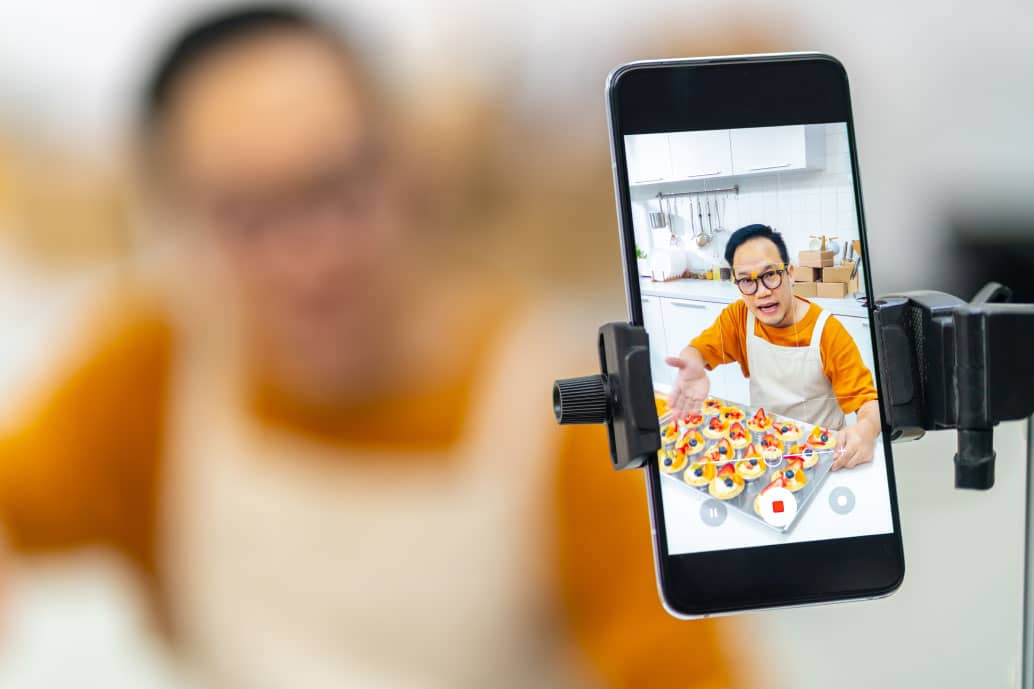The Business to Business (B2B) market, which refers to commercial transactions between companies, plays an important role in the national economy.It is estimated that he moves R$2.4 trillion in Brazil, according to the Business-to-business Online index measured by E-Consulting.
However, only 2.5% of these transactions are conducted via e-commerce — totaling R$ 61 billion — indicating a huge potential for growth in strategies that improve this experience now in the virtual environment.
One of them is the adoption of digital tools like live commerce, which has already transformed the B2C sector (selling products or services to the end consumer) and now promises to revolutionize sales between companies, optimizing interactions and establishing more meaningful connections.
Live commerce is a powerful tool for product presentation, allowing companies not only to showcase items in real time but also to answer questions, demonstrate practical uses, and generate engagement in an interactive and dynamic way. This approach, being more engaging and personalized, increases the chances of conversion. Furthermore, by incorporating live communication elements such as chats, live commerce strengthens the bond between brands and consumers, fostering trust.
Trust is, without a doubt, one of the central issues that live commerce addresses, emphasizes Victor Okuma, Country Manager of Indigitall, a company specialized in omnichannel platforms. Yes, because, as he explains, B2B transactions usually involve larger volumes, more complex negotiations, and longer sales cycles, in addition to prioritizing long-term strategic partnerships. In this scenario, trust becomes an essential pillar for the success of negotiations. "Live commerce brings transparency to the process, increasing companies' credibility and making negotiations and sales faster, more efficient, and secure. In an increasingly digital environment, where face-to-face communication is rare, this tool makes all the difference," he/she/they highlights.
Furthermore, this business model adapts to new digital trends, with the increase of corporate e-commerce platforms and technological solutions that facilitate integration between companies. It is estimated that at least 65% of companies used Artificial Intelligence in 2024, according to a survey by Intelligenzia.
“Digital transformation allows for greater personalization and automation of processes, resulting in a more efficient experience for both suppliers and buyers,” adds the executive.
This scenario reinforces the importance of visual and interactive resources in the digital environment. According to data from Brightcove, presented in the research "B2B Video Marketing: The Power Of Video In The B2B Buyer’s Journey," 95% of buyers indicate that video played a significant role in their purchasing journey.
Victor Okuma emphasizes that, for the success of the live commerce strategy, it is essential to integrate other technologies aimed at attracting and retaining the audience, in addition to the concrete realization of sales."Before, during, and after live sessions, it is important to use omnichannel strategies, with messages reaching the audience across different channels in an integrated manner. For example, notifications can be sent to guests' mobile phones before each live entry, and during the sessions, reminders about promotions can be sent via WhatsApp to boost conversion. All automatically, leveraging artificial intelligence for this," he explains.
According to Guilherme Pimenta, Head of New Business and Innovation at Netshowme — a company specializing in streaming solutions to manage, distribute, and monetize content — omnichannel in the purchasing process is a key factor in a company's sales during a live event. "A well-structured live session, with a pre-live and a well-executed post-live through various communication tools, increases conversion rates by more than 20%," he states.
“We’ve talked about WhatsApp and notifications, but it’s possible to go further, integrating all of this live commerce communication with digital social networks. This allows us to create real communities, where companies can reach specific niches that they wouldn’t be able to reach on their own. As a result, they sell more,” concludes Guilherme.











